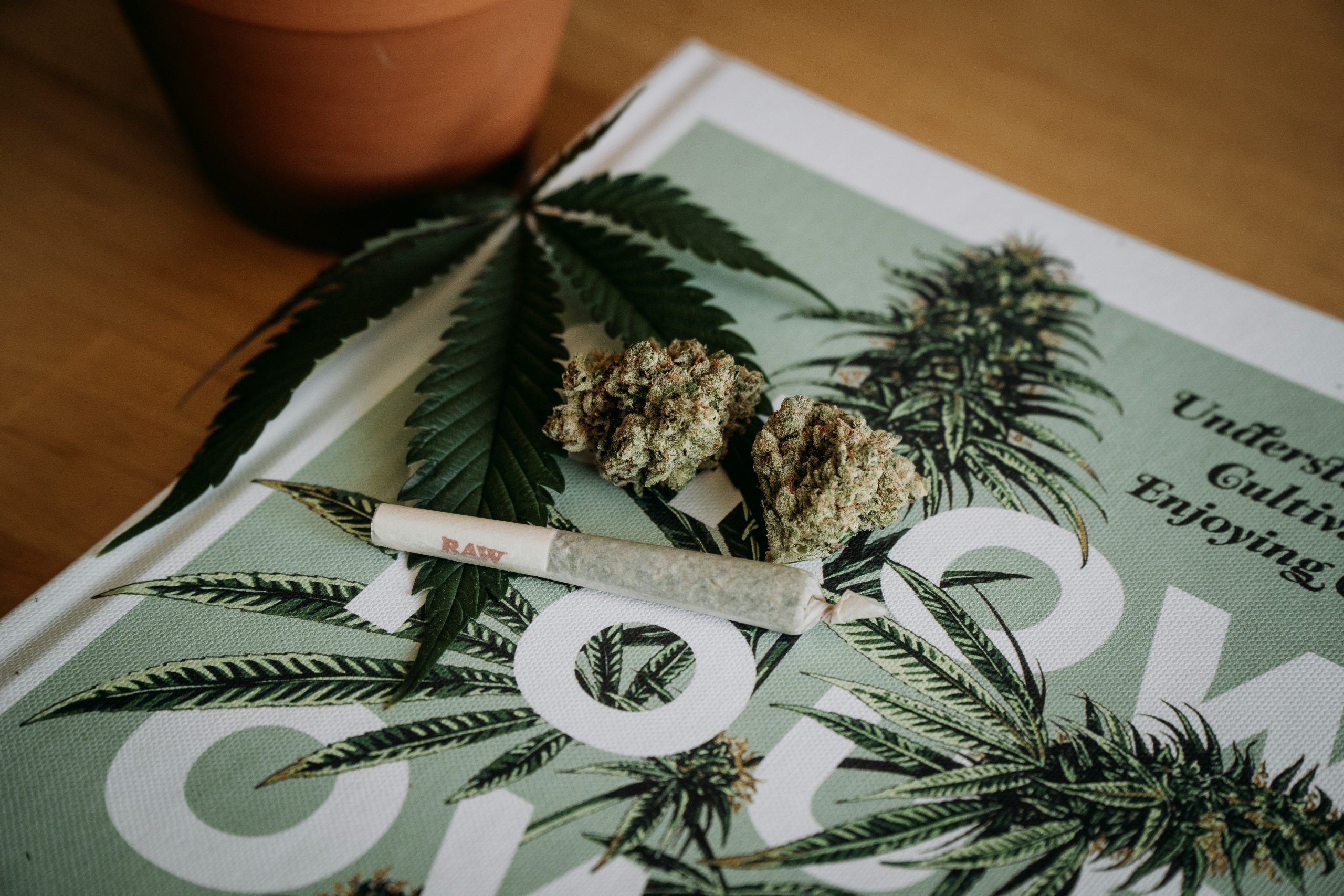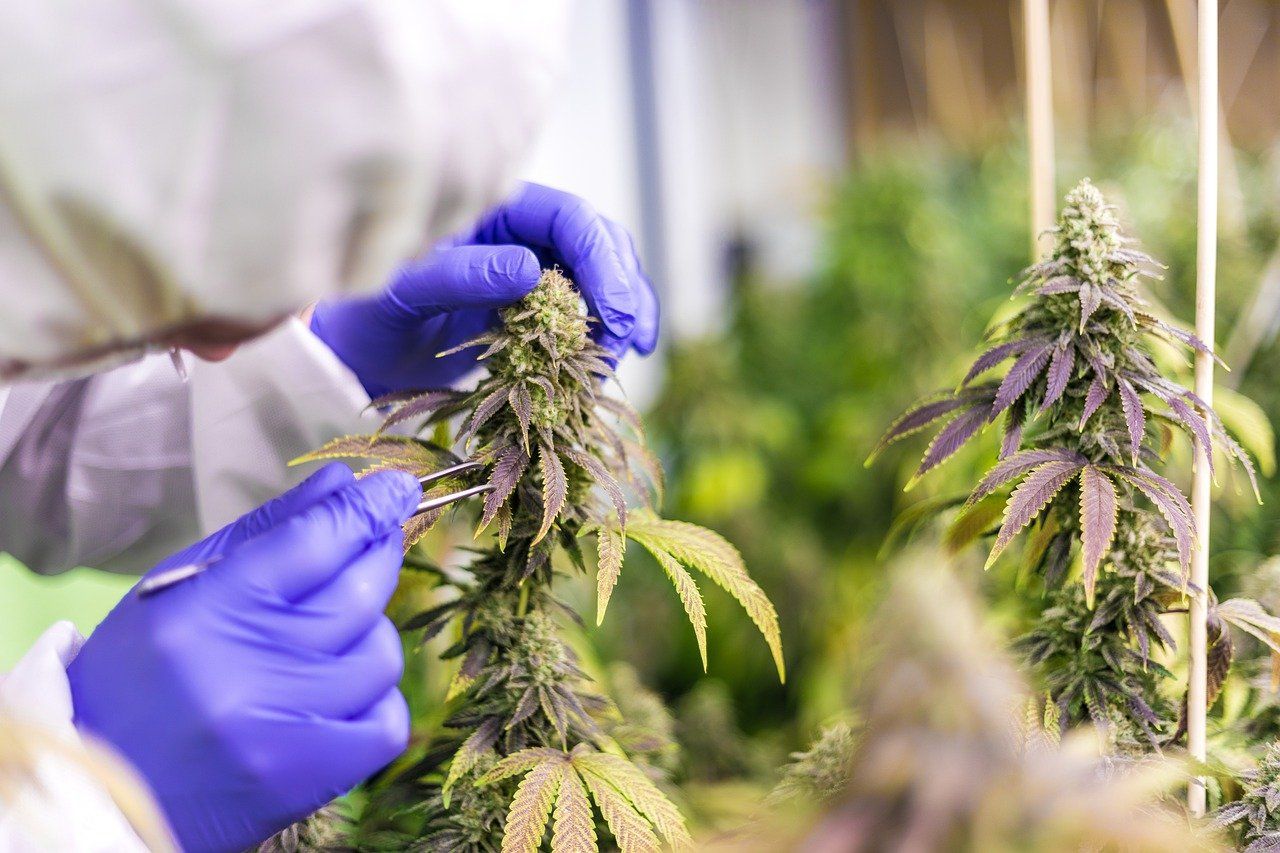Using medical or recreational cannabis in the UK can seem a bit confusing, as the stance on it globally has changed over the past decade. Throughout this article, we’ll walk you through the legal regulations and things you need to know about using cannabis in the United Kingdom. We’ll explore the THC limits on products, how you can get medical CBD, and whether there are still elements under transition.
Overall, is it Legal in the UK?
You’ll be happy to know that while it is controlled, UK Cannabis products are legal to purchase. Without a prescription, the products’ cannabinoids, such as THC, can’t amount to more than 1 mg per container. Aside from the THC, there are several other requirements, such as the CBD food or drink products having a Novel Food licence, as required by a regulation from the Food Standards Agency (FSA) in 2020. However, a licensed medical dispensary can prescribe high THC CBPMs in the form of medical cannabis flower or medical cannabis oil.
The Changing Laws
Many of the laws surrounding CBD and other cannabis products are outdated, as they came from before the market for cannabis oils emerged. As such, many of the laws and legislations surrounding the plant are likely to be subject to change within the next few years. One of the many topics currently in debate is the legal limits for THC within a product.
THC vs. CBD
THC, delta-9-tetrahydrocannabinol, is the element of cannabis that results in the effect of feeling “high.” Overall, this is the element for which cannabis was deemed illegal for consumption in the past. This changed in 2018 when the UK government made high THC medicinal cannabis products legal to prescribe.
CBD is a non-psychoactive element of cannabis. As such, the substance cannot result in the “high” sensation Marijuana is typically associated with. The substance is said to provide a wide variety of medical and health benefits and is a controlled but legal substance within the UK. For consumers going down this route, it’s advisable to check out CBD oil reviews.
Importing Raw CBD, Licencing, and Selling in EU Markets
When it comes to importing raw CBD, there are no restrictions aside from the THC limit. For manufacturers, there’s a licensing requirement that entails significant time and capital. Depending on the state and country, markets in the EU may be less accepting of cannabis than the UK.
What are the Legal THC Limits?
Oil made from cannabis in the UK is legal as long as it sticks to regulations. The major regulation is the limit for THC content within the product. The Misuse of Drugs Regulations 2001 allows the product to have no more than 1 mg of THC per pack if conditions are met and the product is considered an “Exempt Product.”

This is likely one of many elements of the law surrounding CBD that will change within the next couple of years.
Medical Cannabis and its Differences
Medical cannabis is one way the substance is legal within the country. Medicinal CBD is considered to be a high-grade product and is typically cultivated from the species cannabis sativa. Medicinal cannabis has a higher cannabinoid count than regular hemp products.
Prescription Required
Only doctors specialised in medical cannabis are allowed to prescribe the product, making it more complicated than merely visiting a doctor’s office to get a prescription. These doctors are registered with the General Medicine Council (GMC) and are often a part of private specialised clinics. Getting a prescription requires following a strict process.
Being a doctor that can prescribe CBD can optimise your medical practice’s revenue cycle.
Who is Eligible?
The process of getting a cannabis prescription isn’t easy and is strictly controlled. Often, the substance will only be prescribed to patients who have had no luck when using all alternative medical options available to them.
The eligible conditions for a prescription currently include chronic pain, epilepsy, and multiple sclerosis. If you suffer from one of these, your first step to a prescription is to visit your GP and start there. The process will be long, but CBD offers many benefits that may ease pain or make conditions more manageable.
Perception Plays a Part
How medical professionals and practitioners view the drug will affect its standing in the coming years. As more positive results are shown, they will likely be reported to their higher-ups and even the government, potentially making the substance more available to those needing alternative medicine.
The NHS
Medical cannabis, although it’s rare, is sometimes prescribed to those in the National Health Service. However, currently, the organisation is exceptionally cautious about recommending medical cannabis and will first attempt alternatives. However, this is also subject to change as more evidence for the use of cannabis emerges, justifying its use for more conditions.
A Shifting Landscape
The world is changing, and so are the legal stances on cannabis and its varied uses within the UK. Having the plant available medicinally is already an excellent step for patients, and as regulations ease and change, we’ll likely see it become more accessible to the general public over time. Though controlled, there’s plenty of Cannabis products with a novelty food licence which have less than 1 mg THC per container.

